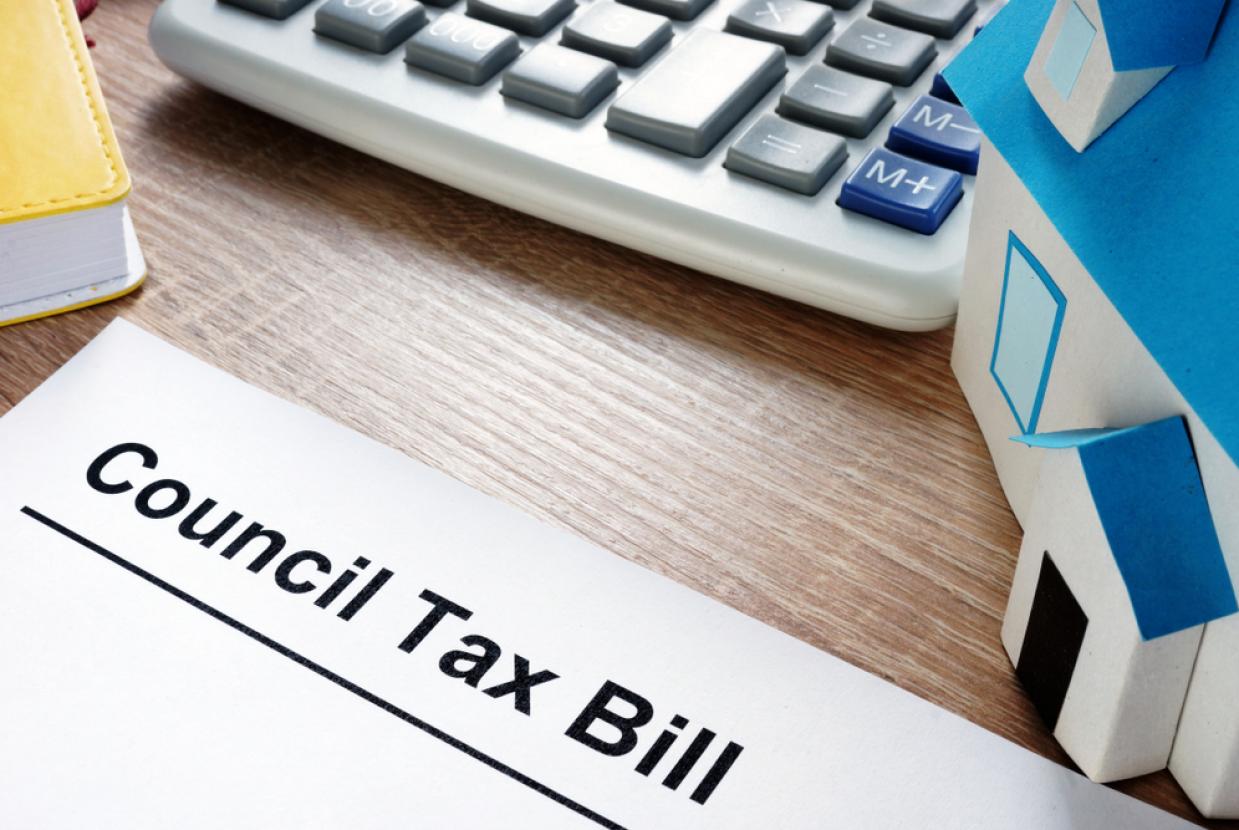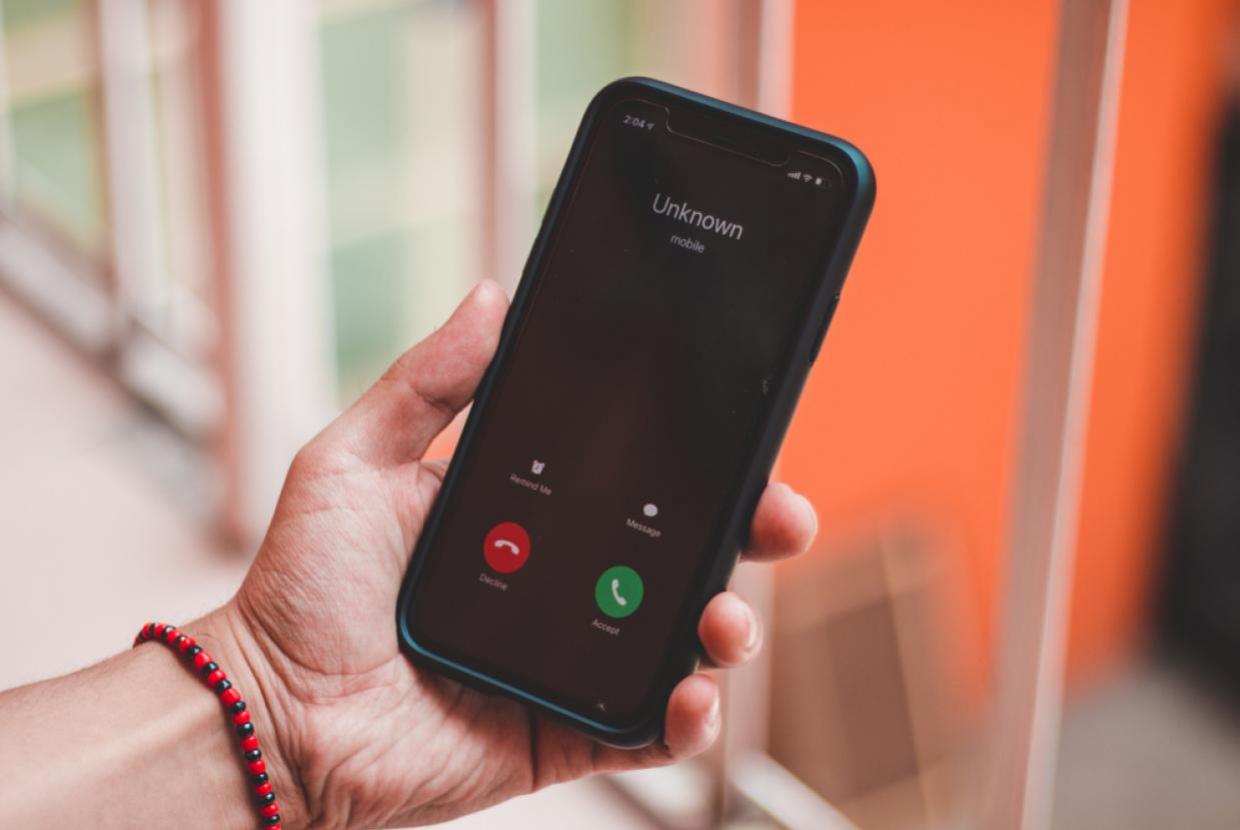Talk Money Week - Talking To Kids About The Cost Of Living
Money Troubles / Family HealthEmma is a writer, teacher and public speaker who regularly features in national print media and has been on TV, including This Morning, The One Show and ITN News (plus a contestant on Tipping Point – but that’s a whole other story!).
Emma writes about parenting and personal finance, and is the founder of the successful blog Mums Savvy Savings and award-winning blog Emma and 3.
Many parents are wondering how to have conversations with their children about the cost of living. We feel that it is really important to have these age-appropriate conversations as otherwise children can fill the narrative themselves and end up confused. Secondly if we aren’t having those important financial conversations our children will find other sources and these might not be reliable – many young people for example take ‘news’ from social media platforms like Tik Tok which is unregulated and more often than not incorrect.
As a parent of tweens and teens we have a responsibility to teach them financial wellbeing and for that to happen the conversations need to start at a young age.
My top tips for discussing rising cost of living costs:
- Talk without jargon, young teenagers will not understand the terms inflation or price caps. They will hear these phrases but not understand the impact this is having on real money. Give real examples to them and talk in numbers. In the UK we are often secretive about money and how much a mortgage is and then we expect these young people to magically understand it all when the time comes. You don’t have to disclose how much your mortgage or household bills are, but you can say they have gone up by £300 a month and how this will impact on the family income.
- Give choices – if you are needing to make some lifestyle changes don’t hide this. Instead talk to your children about your priorities and how you are cutting back. Explain that the weekly takeaway will be stopped but you will still be having a day out in the holidays. It is easy for children to over think and worry. As a teacher I knew children who would say their parents are poor because they are not buying the latest phone or other goods. This wasn’t the case, but children don’t always have a concept of what things cost and what are essentials. Involving the whole family in making the choices is empowering and teaching them valuable lessons for later in life.
- Remind them that small changes can all add up, we can all do our bit to make a positive change. Get the kids involved in making money too, they can help sort out their belongings and sell them – point out that this will also help other families who are struggling as they are buying cheaper. The money made can then be used for something nice. There are some great money management plans too like waiting 30 days to buy something that you want. Doing this cuts the impulse and helps you decide if you really want that new thing.
Finally, if your family is fortunate enough to be managing ok – remind them that their friends’ families might not be so fortunate. That we as individuals need to be mindful of friends who are saying that they can’t go to the cinema this weekend as they don’t have the money. Instead look at ways to have fun with friends that cost less or are free.




















